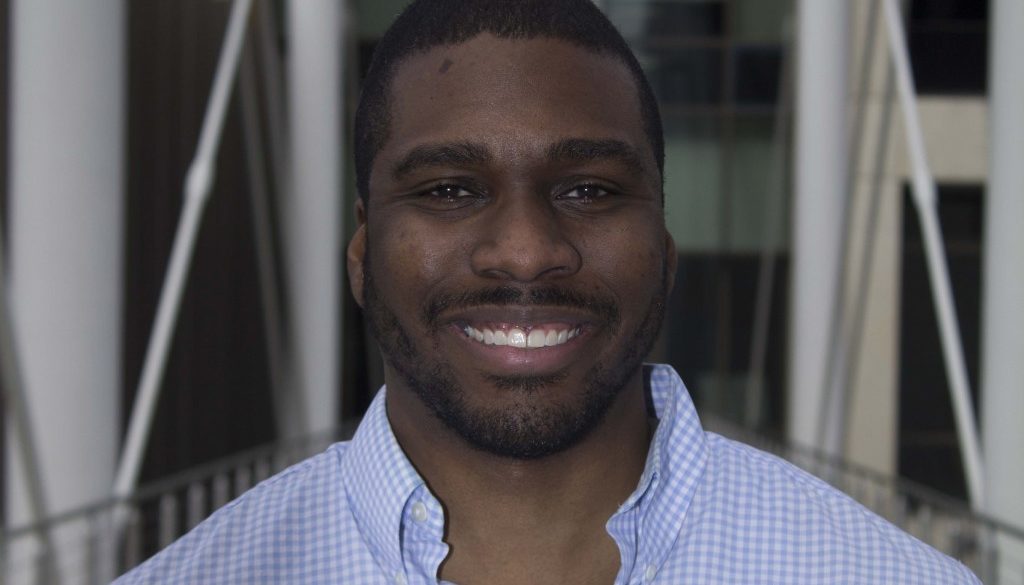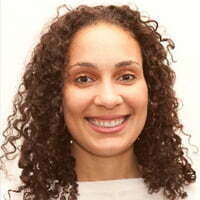Tell us a little about yourself, where are you from, where did you go to graduate school, what makes you jump out of bed each morning?
I grew up in Atlanta, mostly in Marietta, GA. I received my undergraduate degree in psychology from Case Western Reserve University. I have a master’s degree from Kansas State University in couple and family therapy, and currently attend the University of Texas Austin where I am in my 3rd year of the Ph.D. program in Human Development and Family Sciences.
The topic I find infinitely fascinating is human sexuality—I feel incredibly fortunate that my job is to do research and teach to promote the health and well-being of sexual and gender minority people.
How do you define yourself as a population health professional?
Generally, as an interdisciplinary sexual and gender minority health researcher. But, my research also touches on sexuality more broadly (sexual health and sexual education), so sexuality researcher also fits. But, I also study the link between the intersections of stigma tied to multiple identities (gender, race, and sexual identity) and health—this is the population health piece. If there were a word or words to capture how all that fits together, that would be my definition.
What disciplines do you engage with and are there disciplines that you would like to engage with?
The disciplines I interact with the most include: Human Development and Family Science, Sociology, Psychology, Public Health, Social Work and Demography. I would like to engage more with clinicians, both behavioral health and medical doctors. Recently, I have also become more interested in geospatial approaches to understanding health disparities, so also geographers.
Describe a current project/initiative that you are excited about.
I am generally excited about the research efforts that are going into collect more, collect better, and make available population/representative data related to sexual and gender minority health. I am most excited that I am able to work on the Generations Study which is the first national sample of LGBQ people from three generations.
Name a population health professional who you admire and why?
One population health professional I admire is Joycelyn Elder. She was the first African American (and second woman) to be the U.S. Surgeon General. She was very vocal about the need for adolescent sexuality education/pregnancy prevention and spoke candidly about sexual health and strategies to promote it. This ultimately led to her being forced resign after a short tenure as Surgeon General. Adolescent sexuality education continues to be a tense political topic, yet during a time when the political/governmental climate was strongly anti-sex education, outside of abstinence only, she used her position of power to advocate for a practical solution despite its unpopularity.
How did you hear about IAPHS?/Why did you decide to become a member of IAPHS?
I heard about it through a friend and the University of Texas Population Research Center. I became a member of IAPHS because I was excited about the interdisciplinary focus of the organization as well as the focus on applying population health research to improve population health.
Have you attended an IAPHS meeting? If so, what do you like most about these meeting?
I have attended two IAPHS meetings. There are two things I like about the meetings. First, I like that a lot of notable population health researcher attend the meeting and that they are accessible to meet. The second thing that I like is the diversity of disciplines that the keynote speakers and presenter come from, it often exposes me to different perspectives about my research areas.
What would you tell someone who is considering joining IAPHS?
Do it!
What would you like to see IAPHS do in the future?
I am excited for IAPHS to begin adding more student related activities and events to the conference as well as training or professional development opportunities (e.g. webinars) for students.
Favorite population health relevant book:
I do not have a favorite, but most recently I read Everybody Lies, which, despite the clickbait title, proves an interesting argument about how researchers can utilize internet data to answer population (health) related research questions.
Favorite population health relevant article(s):
Favorite movie, band, non-fiction, book, etc.:
I don’t have any enduring favorites, if I do, it is usually something that I am currently/recently watched or read. I recently finished reading We Were Eight Years in Power by Ta-Nehisi Coates. I am currently reading Sex at Dawn by Cacilda Jethá and Christopher Ryan.






All comments will be reviewed and posted if substantive and of general interest to IAPHS readers.